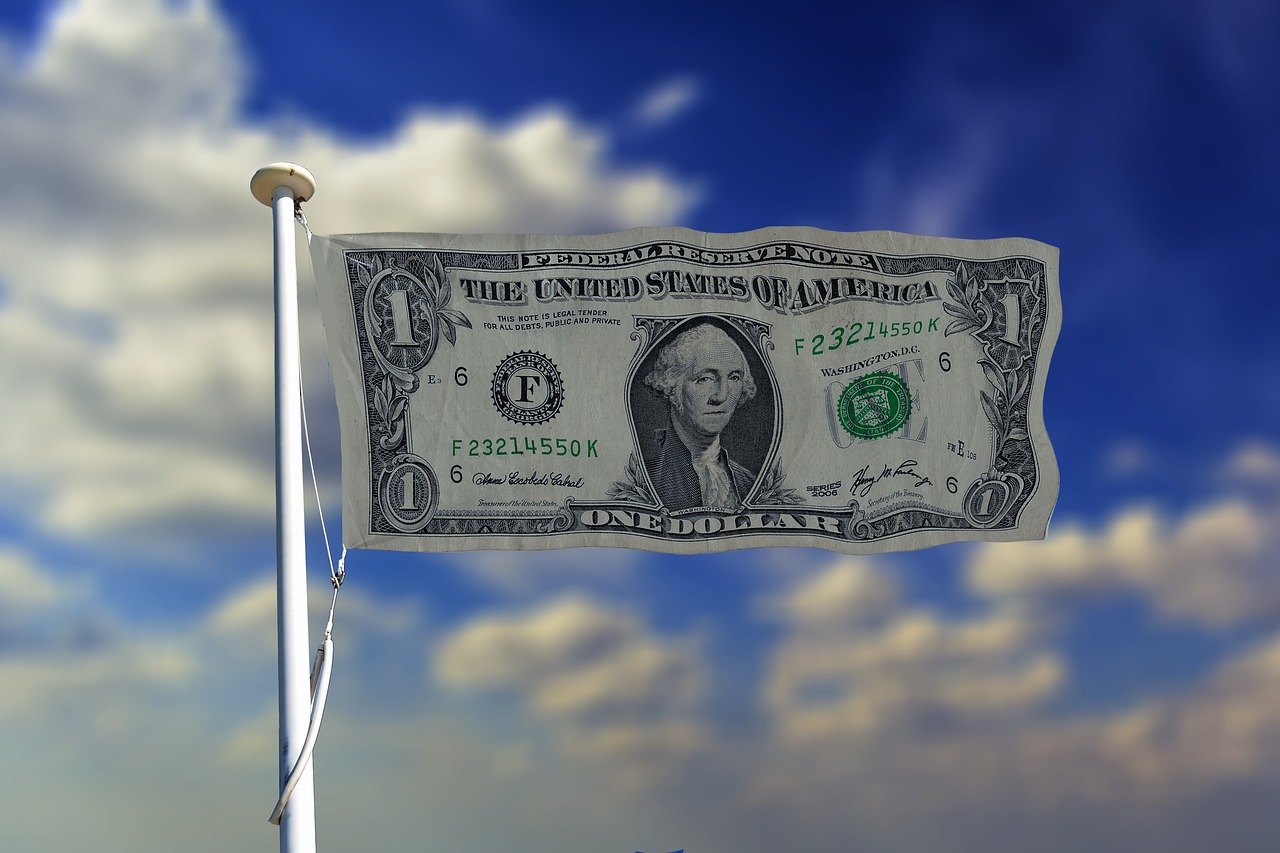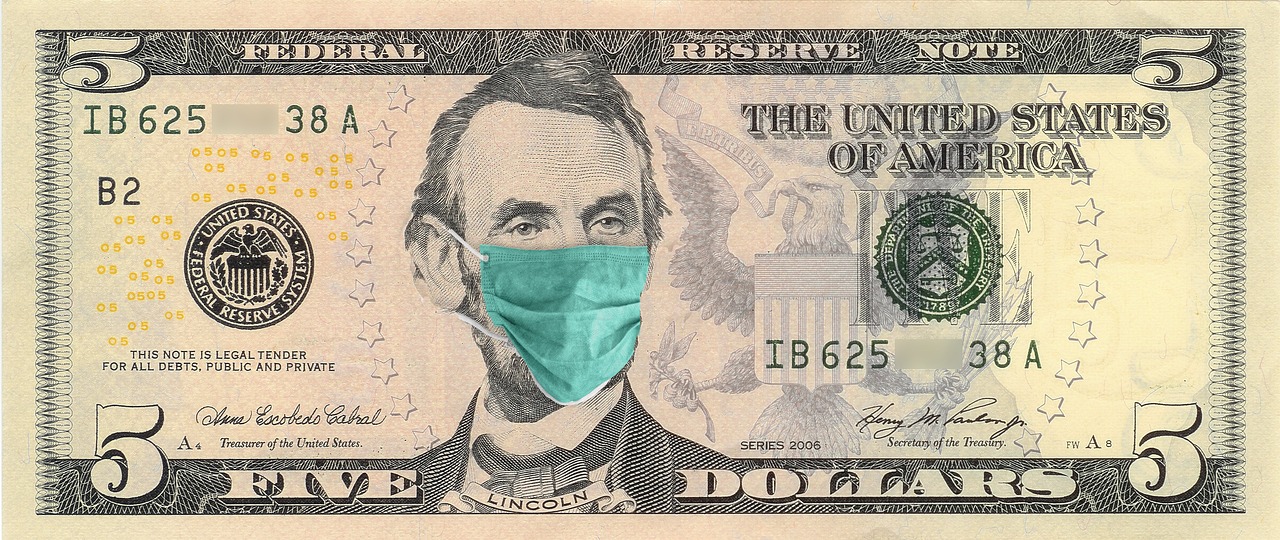The U.S. Dollar Crisis: What Would Happen if the Dollar Collapses?
The U.S. dollar’s consistency has long been seen as a foundational element of the world economy. Although the current war between Russia and Ukraine has opened a new scenario where people now see the possibility of a declining dollar currency, it still holds a major role in the global financial system. Since it is the world’s reserve currency, its demise would significantly affect the global financial system. Although economic experts have said that the likelihood of such an event is questionable, it is important to be aware of the potential repercussions. This article investigates what might occur if the United States eventually dollar depreciates, as predicted by some professionals.

Four Implications of A Depreciated U.S. Dollar
- Economic Impact
The immediate economic effects of the U.S. dollar devaluation would be disastrous. The negative effect will not be limited to the U.S. economy; it will definitely be widespread, just as seen in the 2008 global economic meltdown. The currency would lose its worth, causing hyperinflation as imports skyrockets. This would reduce consumers’ purchasing power, causing consumer spending to drop and the domestic economy to contract. As firms struggle to adjust to the new economic reality, unemployment rates will increase significantly.
- Global Ramifications
The demise of the U.S. dollar would impact the entire world. Many nations have sizeable dollar reserves since the dollar is the world’s reserve currency. These nations would suffer enormous losses and be unable to conduct international trade in the event of a collapse. Financial instability in countries that rely substantially on dollar-denominated assets, such as U.S. Treasury bonds, would also have a cascading effect on international financial markets.

- Shift in Global Power Dynamics
The world’s power dynamics would change significantly if the U.S. dollar fell. Other currencies, such as the euro, yen, (or yuan) may gain significance as the United States’ position as the major economic and political force diminishes. As international investors look for stability elsewhere, emerging economies with strong currencies may gain an advantage. As nations adjust to the new economic reality, geopolitical ties may also be reconfigured.
- Search for Alternative Systems
Other systems need to be sought out globally to stabilize the global financial order in the event of a U.S. dollar collapse. Discussions for a new reserve currency for the world would probably pick up steam, and several ideas—like a basket of currencies or virtual currencies—might be investigated. To reduce potential dangers associated with substantially depending on a single currency in the future, central banks worldwide would aim to diversify their currency reserves.

Conclusion
Even if the devaluation of the U.S. dollar is still a possibility, it is important to understand the effects that could result. Such an occurrence would significantly affect the world economy, leading to instability in the market, a change in the balance of power, and the need for new financial institutions. Contrary to previous hype by economic experts, the U.S. dollar is not about to crash (at least not now, and measures to keep it stable and fortify the world financial system remain the long term goal.
(Writer:Wanny)




